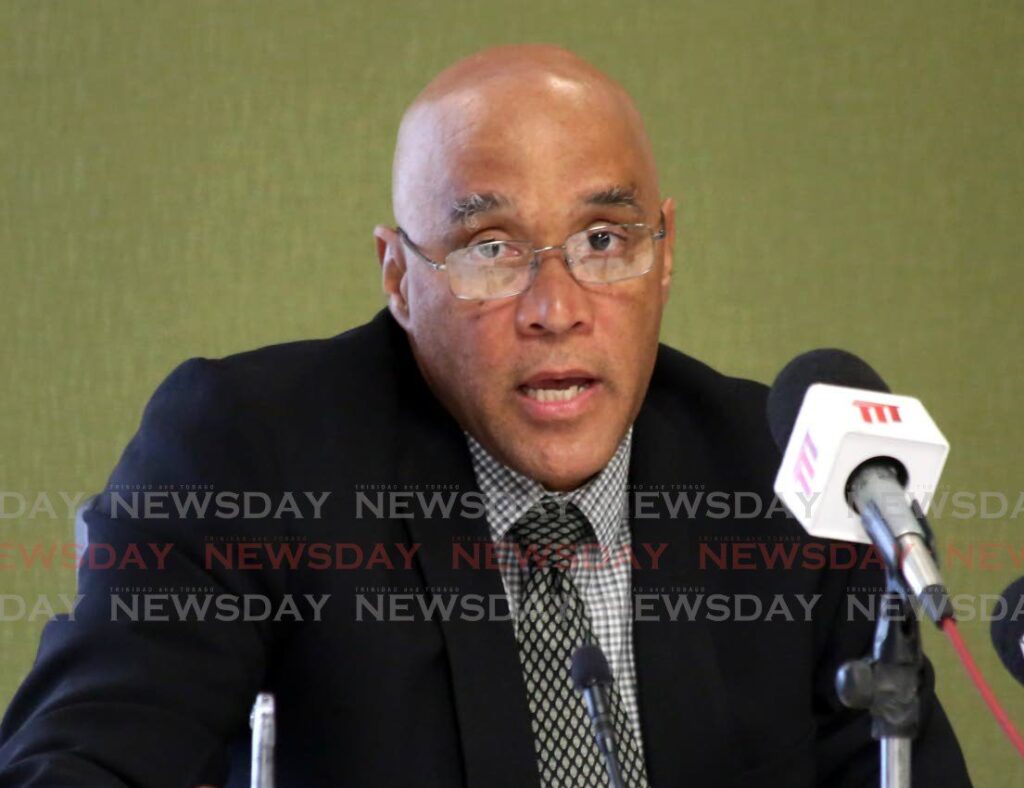Councillors get gender-sensitisation training

THE Gender and Child Affairs Division of the Office of the Prime Minister (OPM) is educating councillors on how to better serve their communities by hosting a three-part sensitisation training on the division’s available services and resources.
The series, for councillors and aldermen, began at City Hall, Port of Spain on May 20.
This initiative is being held in collaboration with the Ministry of Rural Development and Local Government. It aims to sensitise councillors to the needs of their constituents and raise awareness of the activities of the Gender and Child Affairs Division and the National Aids Coordinating Committee (NACC).
Speaking at the session, acting permanent secretary of the Local Government Ministry Annalean Inniss said sensitisation activities play a critical role in ensuring government resources are used to address the needs of the population, particularly marginalised segments.
“I wish to emphasise the critical role of gender awareness and sensitisation in ensuring that government services and resources are responsive to the diverse needs of all members of communities.
“It is important that we understand and address the unique needs and challenges faced by different segments of society, including women, children and marginalised groups.
“Furthermore, we must ensure that government services and resources are accessible and available to all members of society regardless of their gender, location, or socioeconomic status.”
She said there are a number of services and resources available to meet the needs of communities, and it is important that officials continue to foster a collaborative environment between ministries and stakeholders to increase the capacity of local government to effectively address gender-related challenges in their communities.
Office of the Prime Minister permanent secretary Kurt Meyer spoke on behalf of the minister, Ayanna Webster-Roy.
He said domestic violence and HIV/AIDS stigmatisation were ongoing problems and continued education is necessary to address them.
“It is incumbent on us that we educate and empower all of society, including ourselves, to address these issues. At Gender and Child Affairs, we embarked on an aggressive campaign to heighten awareness on these national issues. A part is a series of conversations to be held with representatives of all municipalities across Trinidad and Tobago.
“It is our intent to empower local government councillors with the knowledge, insights and tools necessary to champion gender equality, child rights advocacy and HIV/AIDS awareness in the communities.”
Meyer said in April, his ministry hosted a similar session with the administrators of the Tobago House of Assembly and noted collaboration was key to achieving the ministry’s goals of moulding a better future for citizens.
Presentations were made to councillors by NACC official Ian Ramdahin; Irma Bailey-Reyes, co-ordinator of the Child Affairs Division; Shelley-Ann Hart, director of the Gender Affairs Division; and Richie Bansraj, gender training officer of the Gender Affairs Division.
These presentations engaged the councillors in an interactive session in which they learned about the work and services of the different divisions and how their communities can engage with these services to address these issues.

Comments
"Councillors get gender-sensitisation training"